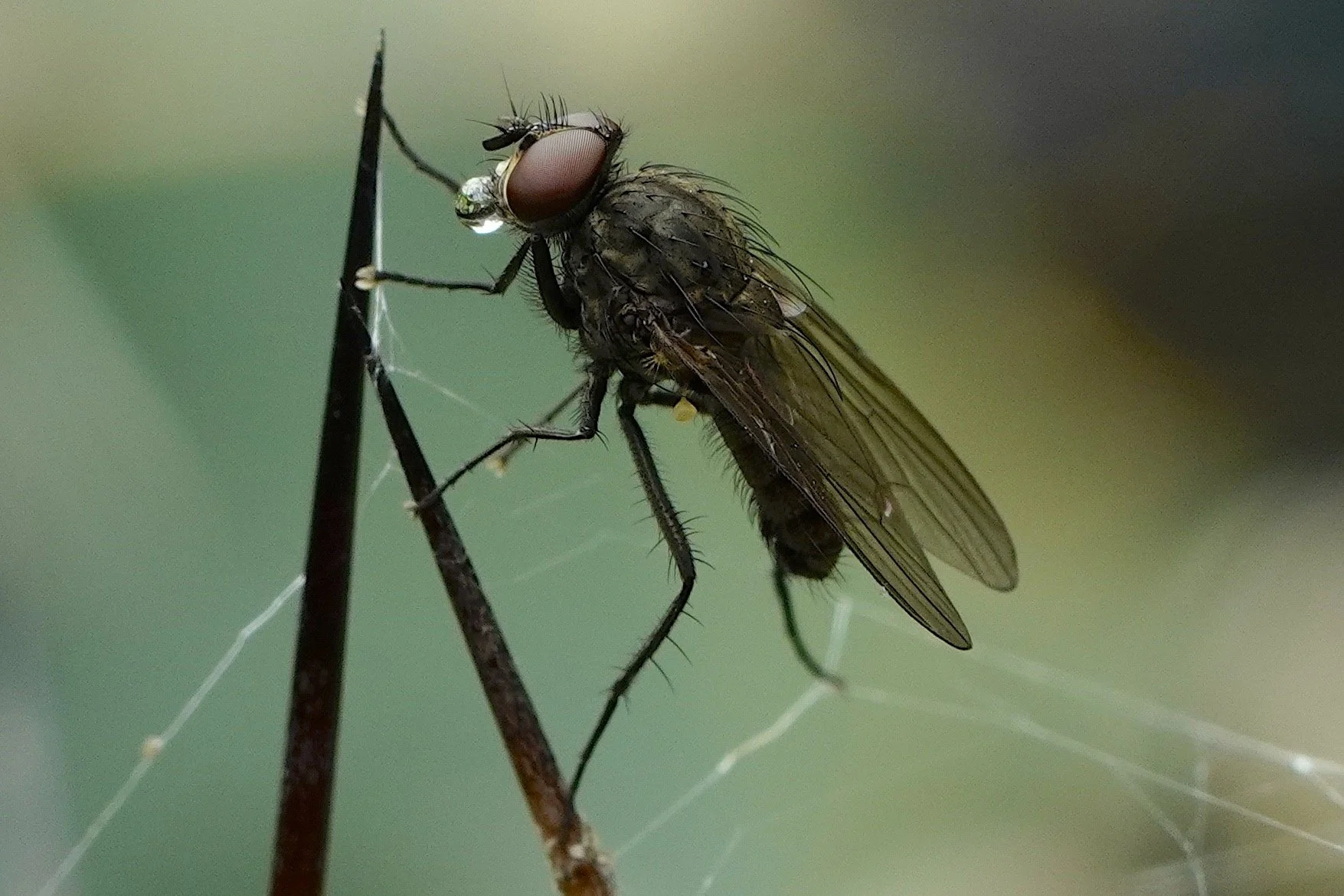Biodiversity is a word at the top of the news agenda but its meaning and its ecological significance is not widely understood. It is not merely a list of species. Beyond its appearance a species represents a collection of functions in a net-work or community of organisms. The richness of this network is biodiversity. Each species lives in a certain specific way [its function] and compliments other species around it. The richer the variety of species, the more ecological roles or functions are present and the more interconnected, efficient and stable the system is. Most of these functions are unseen, things like degrading dead plant material to release nutrients, providing a food source for another species, pollination, providing protection or nesting sites, aerating soil, providing nutrient and water scavenging for plants, mutual control of prey/parasite species achieving balance. Some of these interactions are very specific.
Presence is not enough, however. The number [or biomass] of a given species has to be adequate to produce a useful contribution to the whole. So biodiversity is not merely a list of species but takes into account the commonness of the species. Data of these components [number of species and commonness] is combined to calculate an index which represents biodiversity.
Biomass comes from the energy of the sun to ‘fix’ carbon in green plants which provide an energy cascade for organisms that can’t make their own ‘food’. Of course, the carbon fixed by different plant species follow different fates since each species is associated with a unique collection of other species. If biomass is removed, as with a harvest for example, the cascade is short circuited and the full expression of the natural system becomes impossible. Biodiversity is cut off.
Two of the most unhelpful and wrong notions regarding how a ‘natural’ area is viewed by the public, all too commonly, is that certain species are bad and that a tidy ‘natural’ area is a well-managed one. We also do not give cognizance to some of the most important species in a natural system because they are small or unspectacular and over emphasize eye-catching but relatively insignificant ones. We intend to address these notions in future pieces.
Mick Frank



